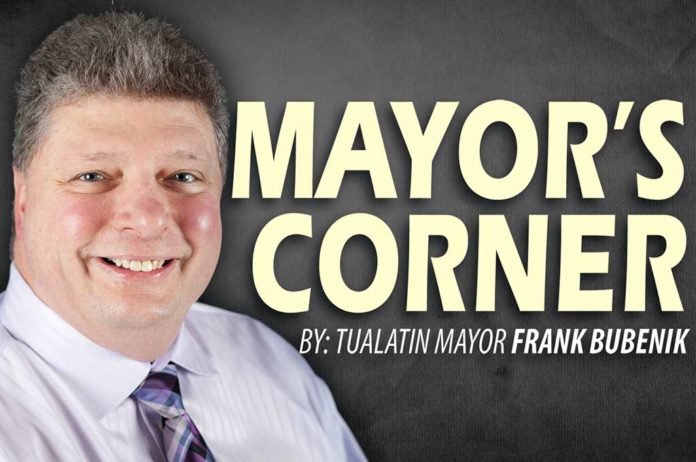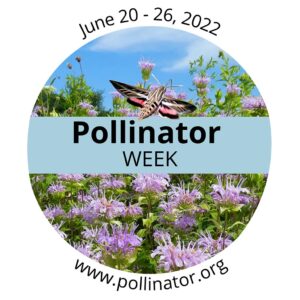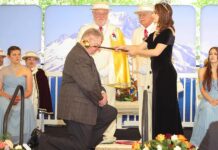June 20th through 26th is National Pollinator week, so in this month’s mayor’s corner I’d like to highlight the importance of pollinators.
A pollinator is an animal or insect that helps pollinate plants by transferring the pollen from one part of a plant’s flower (the stamen) to another part of the flower (the stigma). Bees and other pollinators are declining in abundance in many parts of the world largely due to intensive farming practices, excessive use of agricultural chemicals, and higher temperatures associated with climate change, affecting not only crop yields but also nutrition. The absence of bees and other pollinators would wipe out coffee, apples, almonds, tomatoes and cocoa to name just a few of the crops that rely on pollination.
In 2019 the city of Tualatin became a Bee City USA affiliate and committed to provide pollinators with healthy habitats in our parks and other green spaces. You, too, can help pollinators flourish in our community by growing plants that attract bees with their pollen and nectar. Growing plants and flowers that attract pollinators does double duty—you’re not only giving a wide array of food and shelter to important insects, but you’re reaping the benefits of pollination.
So, what types of plants and flowers attract pollinators? Here are a few suggestions:
- Yarrow – is drought tolerant, comes in many colors of flowers, and attracts bees and butterflies.
- Delphinium – tall spires of blue, lavender, red, pink, purple, or white flowers not only look beautiful, but they attract hummingbirds.
- Penstemon – bumblebees, hummingbirds, and butterflies like these tubular flowers.
- Hardy Fuchsia – attracts hummingbirds and has long tubular flowers.
- Bee Balm – these flowers attract bees, butterflies, and hummingbirds to your garden.
- Joe Pye Weed – is a favorite of butterflies and has vanilla-scented leaves and big domes of small, nectar-rich flowers (in pink, purple, or white).
With warmer weather coming and the urge to get your hands dirty in the garden, please think about adding some of the above in your garden and help pollinators thrive in Tualatin.





















